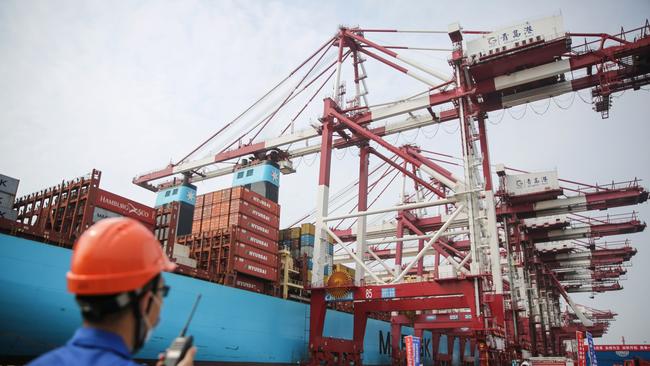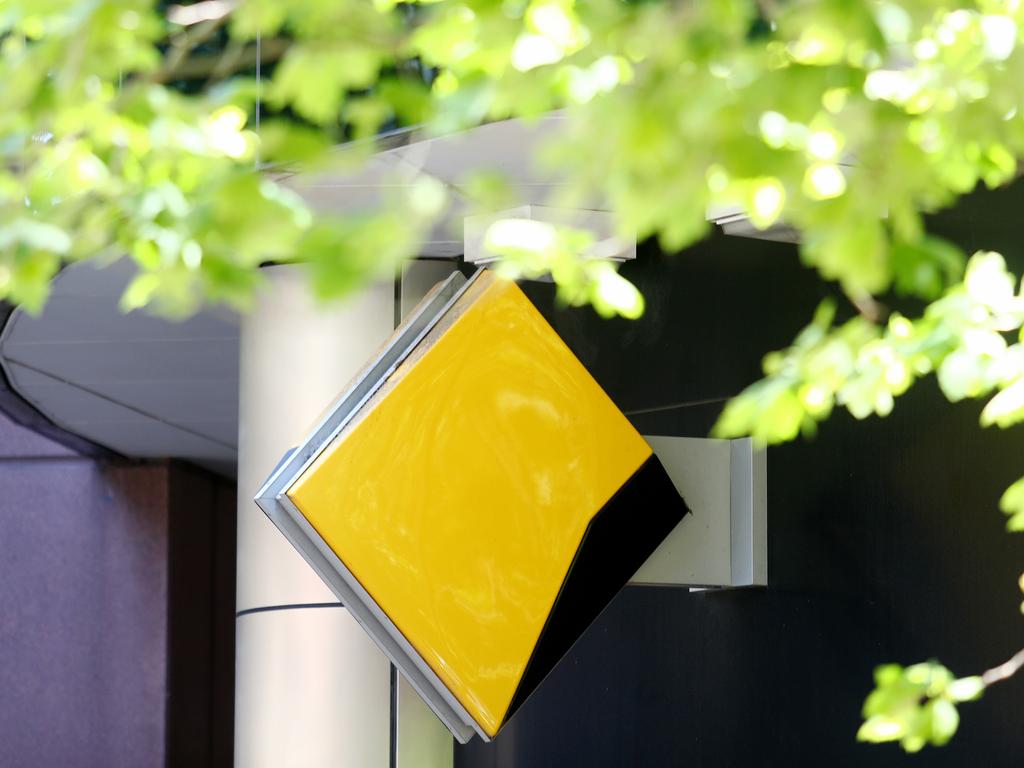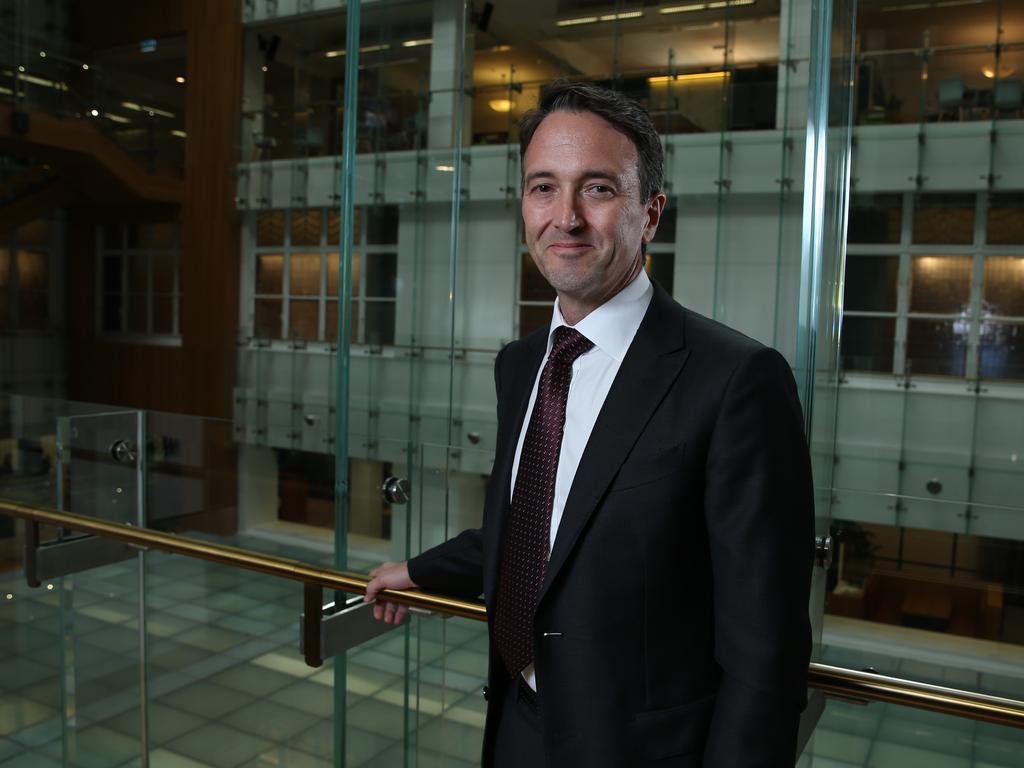To win in Asia we must rethink our assumptions

How do we best balance greater sovereign capability with the idea of diversified supply chains while still maintaining cost-competitive businesses? In an environment of rising protectionist sentiment, could collaboration on grand challenges such as the race to find a COVID-19 vaccine actually ensure that international co-operation becomes more — not less — important moving forward?
Finally, how do we drive a market diversification agenda when our key customer relationship is actually still growing, with China’s share of Australian exports reaching an all-time high of 48.8 per cent?
While government is rightly focused on managing through the crisis and creating a more robust and sustainable economy, it is ultimately business which makes the decisions on where and how to invest.
We see this constant disconnect in the report card of our relationship with Asia. There are those who celebrate that seven out of our top 10 trading partners in Asia, while others lament that our top companies are not really present in Asia and that we risk being left behind.
But what if there is good reason the corporate leaders of our top companies ignore such debate while they are getting on with business? Our new report, Winning in Asia, reveals many of our assumptions on corporate Australia’s engagement with Asia need to be revisited.
Winning in Asia highlights that our top 200 listed companies have actually become more international over the last five years. Foreign revenues account for 34 per cent of total revenues in 2019, from 29 per cent in 2014. Importantly, the Asia-Pacific (APAC) accounts for 42 per cent of total foreign revenues for the ASX 200, growing at 8.5 per cent per annum over the last five years.
ASX 200 ‘more international than peers’
The ASX 200 is also strikingly more international than peers in the US and Britain, which generate 26 per cent and 29 per cent of revenues offshore respectively. Japanese peer companies are ahead, with 42 per cent of foreign revenues. But the ASX 200 has the highest proportion of revenues from APAC, greater than the US, Britain and Japan.
Among the ASX 200, materials, healthcare and IT all generate over 70 per cent of their revenues offshore, while diversified financials and real estate generate over 30 per cent of revenues offshore. Sectors with room to grow, with less than 25 per cent offshore revenue, include industrials, consumer staples, consumer discretionary, communication services, banking, insurance and energy.
Importantly, Winning in Asia highlights that internationally diversified ASX 200 companies create more value for shareholders than those that operate only in Australia. Those in the $2bn-$5bn market cap group achieved on average 82 per cent more total shareholder returns (TSR), while larger companies achieved on average 36 per cent more TSR than domestically focused companies.
BCG partner Daniel Selikowitz, who co-authored the analysis, says: “While these results are encouraging, we should remember that there is no ‘one size fits all’ answer to international expansion. In Australia industry dynamics have significant influence on the decision to expand overseas.”
Market diversification are the two most overused words in economic diplomacy today. India will not be the next China for Australia, and Southeast Asia, Japan and South Korea are all important markets but without China’s scale for the same commodities and services. But each of these markets have their own value proposition that cannot be realised using the same business models used with China.
Significant outbound investment
With India there will need to be significant outbound investment — the opposite of our relationship with China, which has seen significant direct exports and inbound investment. Winning in Asia looks at foreign multinationals in India, how they’ve grown market share and returns. In the last 20 years, Nestle India’s stock price has outperformed the parent stock price by 100 per cent. Nestle India has distributed more than $1.4bn of total dividends in the last 10 years, with an average payout of over 60 per cent.
We see that across all sectors, except materials, the return on equity in India was better than Australia.
Ellerston Capital portfolio manager Mary Manning says: “India provides multinationals with access to structural growth, enhanced profitability, diversification and dividends, all of which can add up to superior shareholder returns if executed properly.”
Other than the miners and our banks, who else is in Asia?
The list is diverse and inspiring. Carsales, Cochlear, Lendlease, Xero, IDP Education and Treasury Wine Estates are among those stand out for their business models in Asia.
The takeaways are in the value of thinking in decades, scaling to innovate, mapping trends and matching them to strengths, investing in local talent, using networks to customise quickly, and investing in “boots on the ground” to be close to the end consumer.
To be successful in Asia, board and executive capabilities will become more important for outbound investment and services sector engagement.
Bolstering the external affairs functions is another area highlighted in the report. The external affairs function is critical to managing risks, brand and reputation while navigating concerns related to regulatory complexity and corruption.
Winning in Asia busts some long-held myths with reality and replaces uncertainty with greater confidence in the ability of Australian business to find new sources of growth in the region.
We have been successful in Asia, there are many areas to improve in, but we have a winning platform to do so.
Mukund Narayanamurti is CEO of Asialink Business, the National Centre for Asia Capability. Diane Smith-Gander AO is a Winning in Asia project taskforce member, a director of Wesfarmers, and chair of CEDA.







As we navigate through COVID-19, our economic challenges are enormous, the questions endless and the answers hard to find.